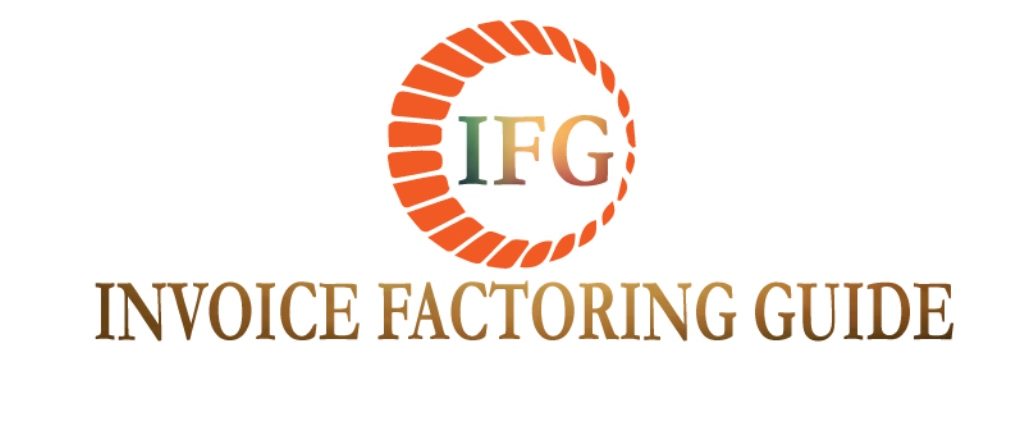Invoice Factoring for Food and Beverage Distributors
Distributors are the lifeblood of the food and beverage industry. They keep vital institutions like hospitals, schools and long-term care facilities running optimally- at least from a nutritional perspective.
But good distributors do much more than just deliver food and beverage. They act as consultants to their business customers, offering supply chain efficiencies, optimized inventory management and even menu recommendations.
Some, like Gordon Food Service of Wyoming, Michigan, even provide food safety training and chemical cleaning services.1 Distributor expertise allows their clients to maximize their profitability. Unfortunately, their clients aren’t always able to reciprocate.
Invoice Factoring for Distributors
Many smaller distributors must offer credit terms to larger commercial customers to gain their business. While this helps the bottom line, it causes headaches waiting for initial payments. As a result, many distributors experience cash flow shortages and negative net working capital as a result of slow-paying invoiced customers.
Selling unpaid invoices to a third party unlocks the capital tied up in your accounts receivable. This transaction is known as invoice factoring and it provides cash to thousands of small businesses every day. These funds can be used to make payroll, repay debt obligations, take advantage of supplier discounts or take on a new job.
We know that chasing down your customers for payment is not the glamorous side of any business. Factoring allows you to focus on running your business while the factor handles all the credit and collection services.
With accounts receivable factoring, it’s the credit of your clients that matters- not your own. This is because the invoice factoring companies will be collecting from them, not you. Of course, most factors won’t begin factoring invoices that are past 90 days old due to the higher probability of default. These receivables are generally handled by debt collection companies.
Don’t Sacrifice Equity
When credit dries up, funding becomes a major challenge. Many investors want valuable equity in your business in exchange for funding. One advantage of factoring receivables is that it provides same day funding without having to cough up equity in your company like many sources of private capital will. And since a factoring transaction is technically an asset sale, not a loan, there is no additional debt burden. It’s a win-win because your business doesn’t give up equity or incur additional debt but still gets funded.
Invoice Financing Options
Once your fast-growing business has the funding it needs from factoring, it may be time to explore some other asset based lending sources. This type of capitalization utilizes your business assets as collateral, unlike operating history or financial statements as a bank would.
This type of financing is a bit cheaper than factoring but is still provided by the factoring companies. Its considered a step up from factoring. Since you’ve worked with a factor before is that they are familiar with your business and the transition should be smooth and quick. Sometimes, factoring is combined with invoice financing options such as revolving lines of credit and equipment leasing.
Remember that even if you have been denied a small business line of credit or loan by your local bank, there is still small business funding options available. If your business has receivables that are less than 90 days old, free of liens and has no major tax issues (IRS) request a free, no-obligation quote today.
